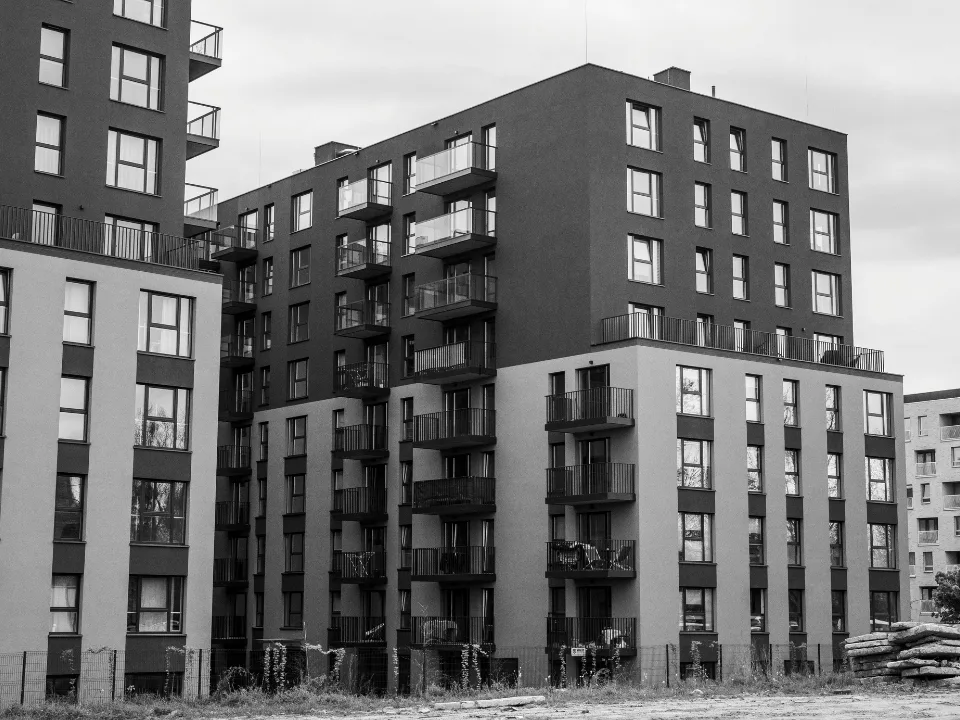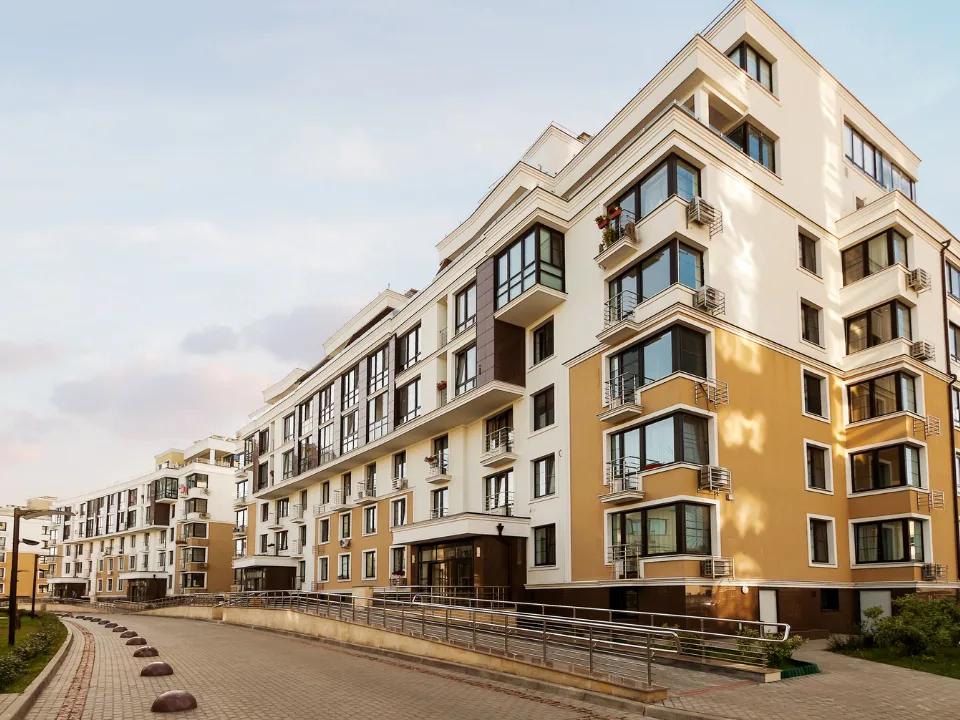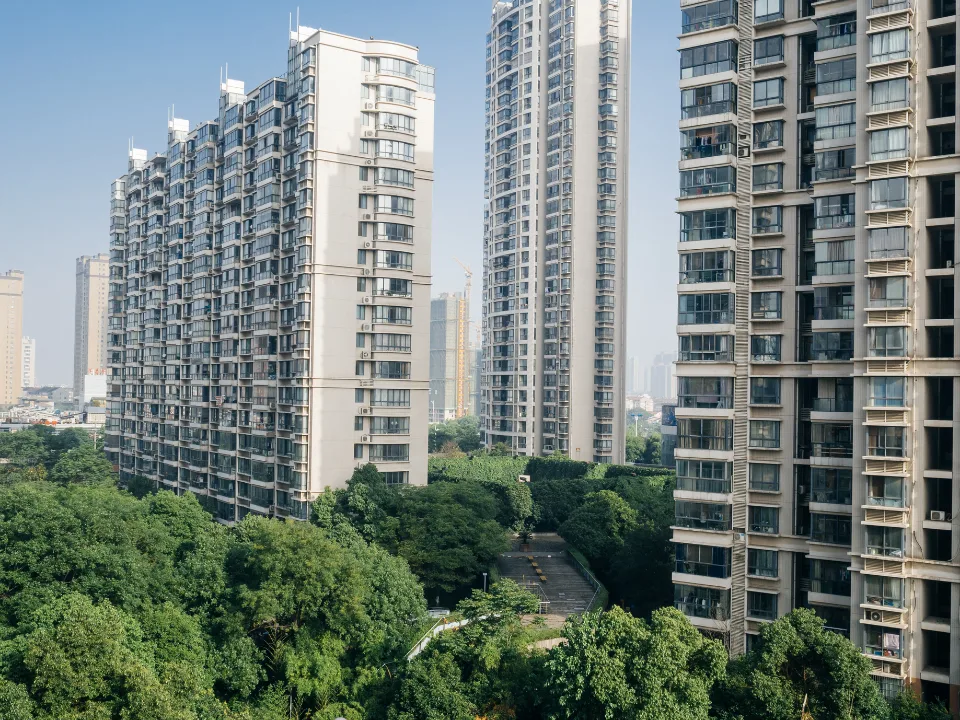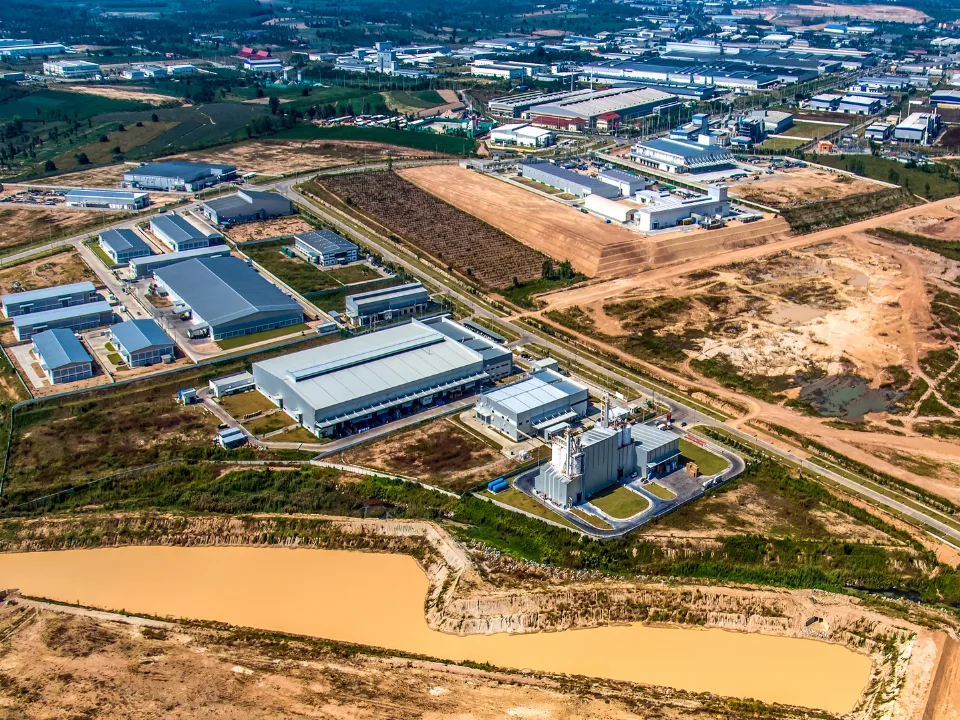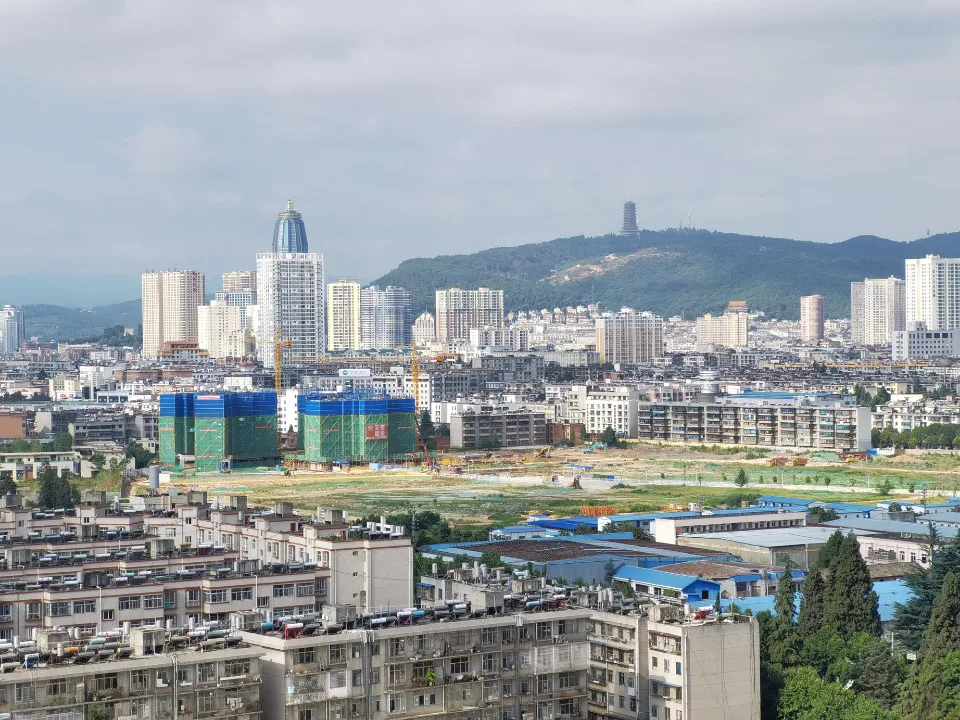- Pending tax legislation proposes the continuation of the 20% pass-through deduction and the reinstatement of 100% bonus depreciation, both of which could significantly lower tax liabilities for apartment owners.
- Apartment owners may also benefit from expanded 179D energy efficiency deductions, with opportunities for properties constructed or renovated as far back as 2006.
- Tariffs on steel and lumber could drive up construction costs, slowing new development and benefiting owners of existing apartments due to increased rental demand.
- While all proposed measures are expected to pass, timing remains uncertain, with potential retroactive benefits back to January 20, 2025.
A Favorable Outlook for Apartment Investors
Congress is advancing several tax measures this spring that could offer meaningful advantages to apartment owners, per Connect CRE.
Warren L. Dazzio, EVP with CSSI, outlined the potential impacts, focusing on opportunities like the preservation of the 20% pass-through income deduction for businesses such as LLCs and sole proprietorships—structures commonly used by apartment owners.
Another key proposal is the reinstatement of 100% bonus depreciation, allowing full first-year deductions on qualifying property investments. If passed retroactively to January 20, 2025, as proposed, it could offer immediate tax relief for apartment buyers and developers.
Unlocking Energy Efficiency Benefits
The 179D energy efficiency deduction stands out as a major opportunity for multifamily property owners, especially those managing four-story or taller buildings. Properties built or improved since 2006 could qualify for substantial tax savings, with potential deductions increasing from $1.80 to $5.81 PSF since 2022.
Owners using cost segregation can still claim 179D deductions for upgrades like lighting, HVAC, and insulation improvements.
Get Smarter about what matters in CRE
Stay ahead of trends in commercial real estate with CRE Daily – the free newsletter delivering everything you need to start your day in just 5-minutes
Tariffs Could Shift the Landscape
On the flip side, tariffs on steel and lumber are expected to drive up construction costs. Higher costs may slow development, benefiting existing apartment owners through reduced supply and stronger rental demand. With construction costs rising and interest rates remaining elevated, many prospective homeowners could be pushed toward renting instead.
What’s Next?
All proposed measures appear likely to pass, but the timeline remains uncertain. Trump’s administration has signaled a desire for retroactive implementation, but congressional debate could cause delays. Experts recommend acting now, as IRS rules often allow retroactive tax benefits using Form 3115 without amending returns.
Apartment owners should stay proactive and consult tax professionals to maximize available incentives.
